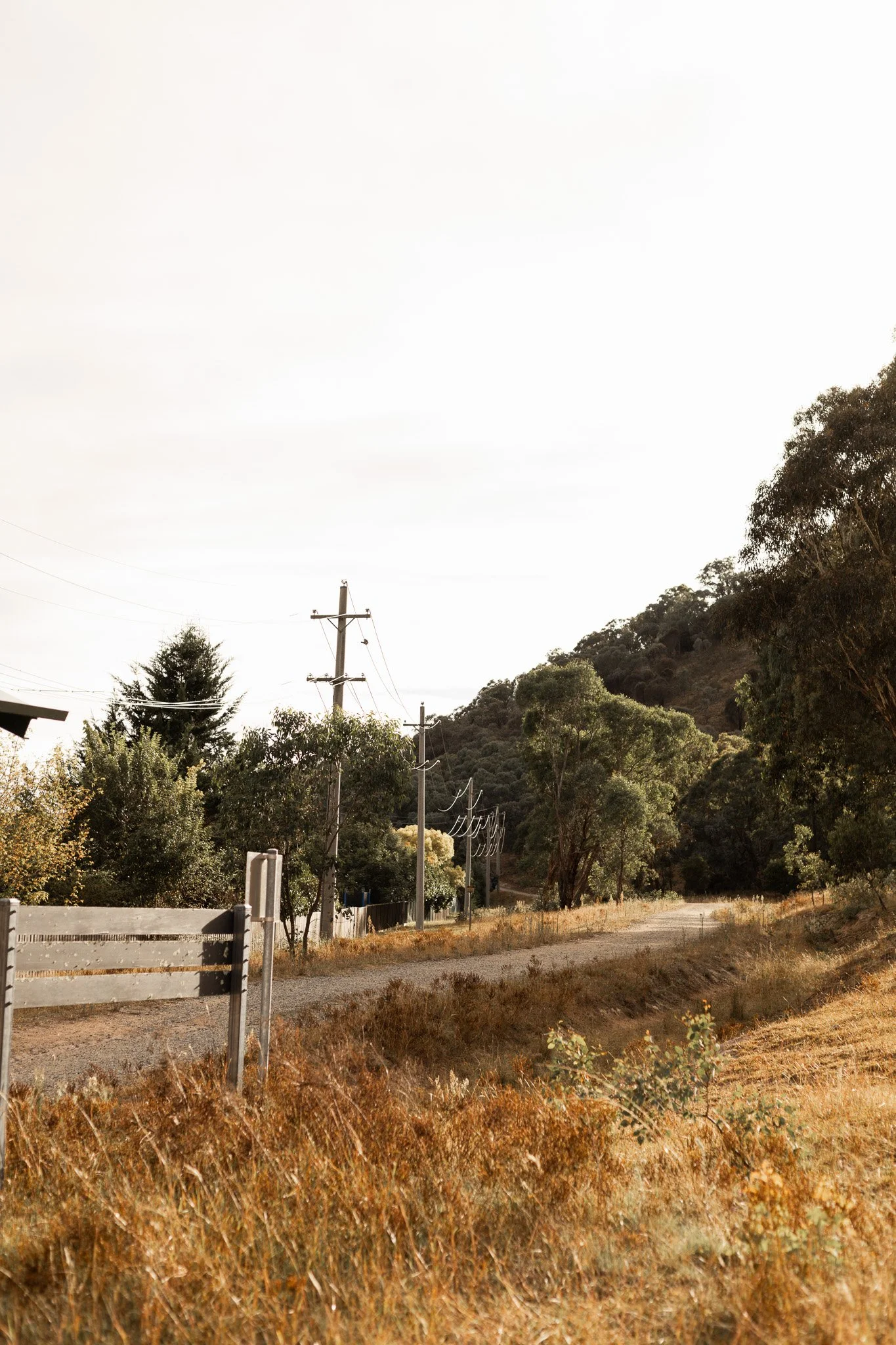The Capacity of Understanding: What I’ve learned about growth, boundaries, and learning to be kind.
It’s been an interesting past six months for me. As we move closer to the end of the year, I’ve set aside some time to reflect on the challenges I’ve faced.
I’ve been going through some psychology sessions to work through a lot of unspoken problems I’d rather not share publicly. But I’ve gained tremendous value from the process. While it’s expensive (and hard to access), I genuinely encourage anyone facing mental health challenges to try it if they can.
One thought and tool I recently came across is something called “The capacity of understanding.”
It’s about making life decisions that provide a net benefit to your mental wellbeing through things like setting healthy boundaries, clarifying your values, and pursuing goals that align with who you want to be.
But as you begin steering your life toward something more positive and healthy, you’ll also face a lot of change both mentally and physically.
And because of that, certain parts of your life like relationships, jobs, or hobbies that might shift or even fall away.
That’s been incredibly challenging for me. I’ve often felt weighed down by guilt, especially when others didn’t understand why I needed to make those changes. But the idea of “the capacity to understand” can be seen two ways:
Not everyone will understand you and sometimes they simply don’t have the capacity to. And that’s okay.
You also have a limited capacity to understand others. Recognising what’s draining that capacity — and choosing to remove those things — is just as important for your mental health.
The Capacity of Understanding
This idea doesn’t just apply personally. It resonates deeply across so many issues even local ones here in Canberra.
The “capacity of understanding” is difficult because we often think we can fix things by throwing time or money at them. But understanding requires something much more: empathy, kindness, humility, respect, and surrender. Those are far more valuable than anything material.
We could all do better at showing those traits when dealing with complex issues.
Will it solve everything? No.
Will it make us feel more understood as human beings? Maybe.
Our ability to be understood can also be broken by the echo chambers we live in social media, online discussions, even AI chats that reinforce what we already believe. But being human is far more complex than that.
Let’s not forget: we’re all imperfect people, just trying to do our best.
Not everyone will understand why we do what we do — but we can always choose to be kind.
And the best part? Kindness is free.



